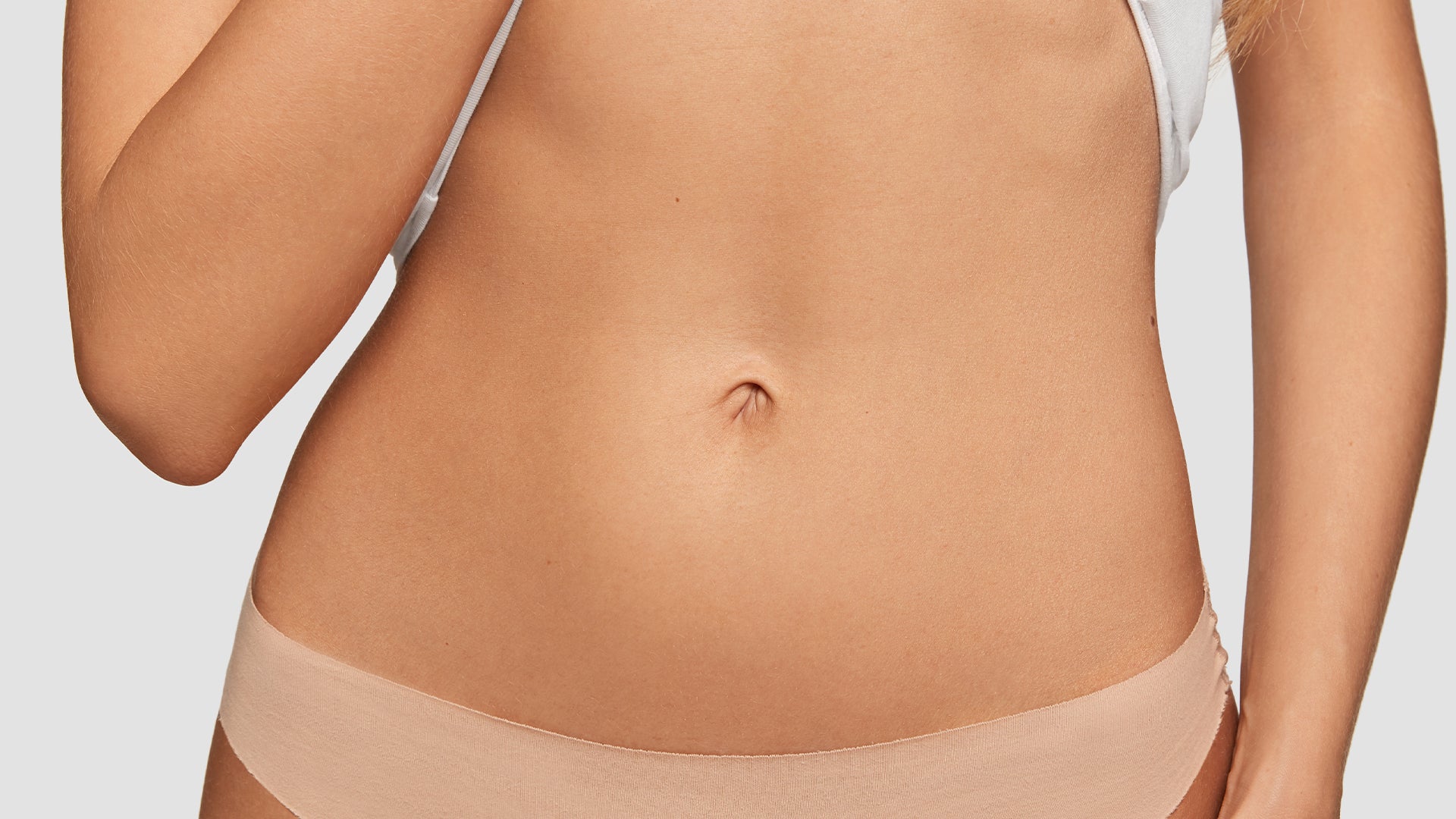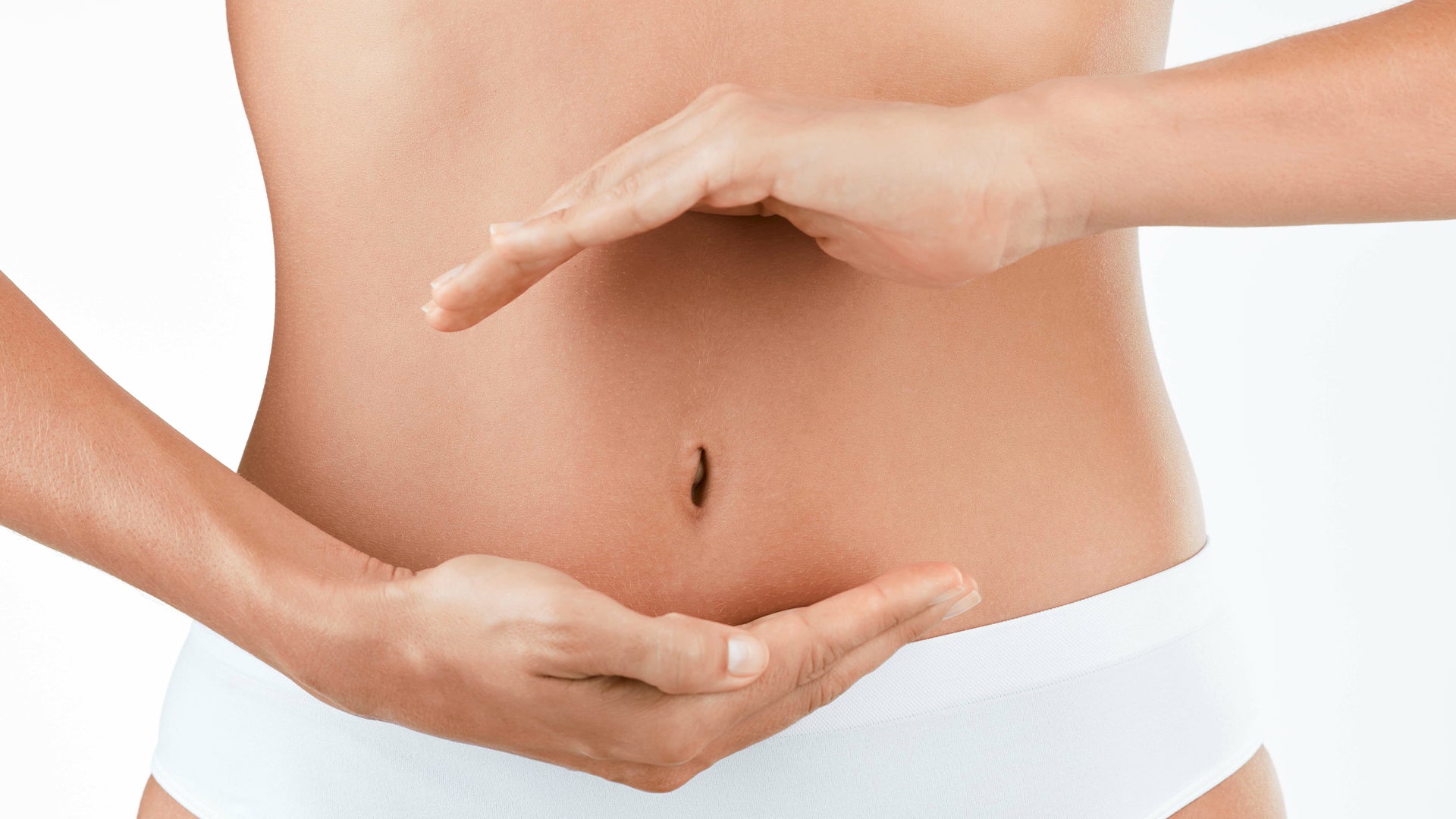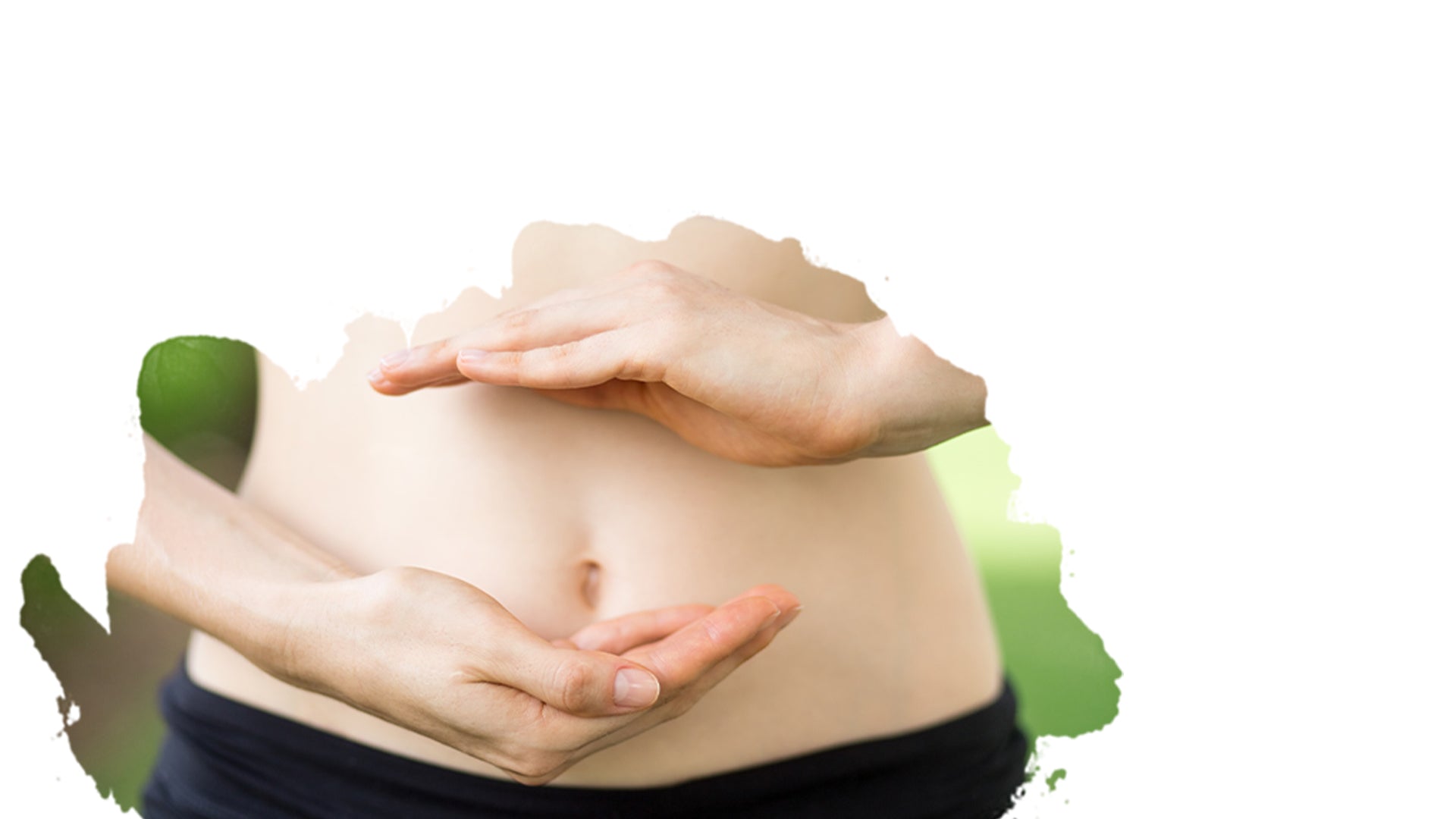
Vitamins That Help With Bloating
Bloating is a common and often uncomfortable problem that affects many people. Whether it's caused by diet, stress or health issues, it's important that those who suffer from it find relief.
Fortunately, natural supplements, particularly certain vitamins and probiotics, can play an important role in reducing bloating and improving overall digestive health.
In this blog post, we look at which vitamins help with bloating, how they work and how you can incorporate them into your daily routine to have a happier and healthier gut.
Understanding Bloating: Causes and Symptoms
Before we look at the vitamins that help with bloating, it's important to understand what causes this discomfort. Bloating occurs when the gastrointestinal tract fills with air or gas, causing discomfort and a feeling of fullness or tightness in the abdomen.
Common causes are:
- Overeating or eating too quickly
- Consuming gas-producing foods (e.g., beans, lentils, carbonated drinks)
- Food intolerances (e.g., lactose, gluten)
- Constipation
- Irritable Bowel Syndrome (IBS)
- Hormonal changes (e.g., menstruation)
- Stress and anxiety
Symptoms of bloating include a visibly swollen abdomen, a feeling of tightness or fullness, abdominal pain and excessive gas. While occasional bloating is normal, chronic bloating may indicate an underlying problem that requires medical attention.
Vitamins That Help Reduce Bloating
Several vitamins have been shown to support digestive health and reduce bloating. Here are some of the most effective vitamins that help with bloating:
Vitamin B6
Vitamin B6, also known as pyridoxine, plays a crucial role in metabolism and in the synthesis of neurotransmitters. It helps to reduce bloating by regulating fluid balance and reducing water retention, especially during the menstrual cycle. Vitamin B6 also supports the production of digestive enzymes, which can promote digestion and prevent flatulence.
How to Incorporate Vitamin B6:
- Foods that are rich in B6: Include more poultry, fish, potatoes, chickpeas, bananas and fortified cereals in your diet.
- Supplements: Include a B-vitamin complex in your daily programme to ensure an adequate intake of vitamin B6.
Vitamin D
Vitamin D is important for overall health, including digestive health. It helps to regulate the immune system and reduce inflammation, which can be beneficial for people with conditions such as irritable bowel syndrome, which often leads to bloating. Research suggests that vitamin D deficiency is associated with gastrointestinal symptoms, including bloating.
How to Incorporate Vitamin D:
- Sunlight: Spend time outdoors to boost your body's natural vitamin D production.
- Supplements: Vitamin D supplements help maintain optimal vitamin D levels, especially in areas with little sunlight.
Vitamin B12
Vitamin B12 is crucial for the proper functioning of the digestive system. It helps in the production of red blood cells and supports the health of the intestinal mucosa. A lack of vitamin B12 can lead to digestive problems such as bloating, constipation and flatulence.
How to Incorporate Vitamin B12:
- Foods that are rich in B12: Include more meat, fish, dairy products and fortified plant milks in your diet.
- Supplements: Taking a B vitamin complex is an easy way to make sure you're getting enough vitamin B12.
Vitamin C
Vitamin C is known for its immune-boosting properties, but it also supports digestive health. It acts as an antioxidant, reduces inflammation and promotes intestinal mucosal health. Vitamin C also helps with the absorption of iron, which can prevent constipation - a common cause of bloating.
How to Incorporate Vitamin C:
- Foods that are rich in C: Include more citrus fruits, strawberries, peppers, broccoli and Brussels sprouts in your meals.
- Supplements: Vitamin C capsules are an easy way to incorporate this nutrient into your daily routine, whether you're busy or travelling.
Probiotics: The Power of Good Bacteria
In addition to vitamins that help with bloating, probiotics play an important role in maintaining a healthy gut and reducing bloating. Probiotics are live bacteria and yeasts that are beneficial for your digestive system. They help to restore the balance between good and bad bacteria in your gut, which can improve digestion and reduce bloating.
How to Incorporate Probiotics:
- Probiotic-rich foods: Include yoghurt, kefir, sauerkraut, kimchi and other fermented foods in your diet.
- Supplements: Experience the exceptional benefits of Premium Probiolac Probiotic 30 Strains, with 30 different strains of bacteria and 120 billion CFU per dose, fortified with zinc for comprehensive gut health and immune support.
How to Incorporate These Vitamins and Probiotics into Your Routine
It can be easy and effective to incorporate these vitamins for bloating and probiotics into your daily routine. Here are some tips to get you started:
- Balanced Diet: Make sure you eat a balanced diet that is rich in fruit, vegetables, lean protein and wholemeal products. This way you will naturally consume more important vitamins and probiotics.
- Supplements: If you're struggling to get enough vitamins and probiotics from your diet, consider taking high-quality supplements. Always talk to your healthcare provider before starting a new supplement regimen.
- Mindful Eating: Eat slowly and chew your food thoroughly to aid digestion and reduce the risk of bloating.
- Stay Hydrated: Drinking plenty of water helps to flush out excess sodium and reduce water retention.
- Regular Exercise: Physical activity promotes healthy digestion and can help prevent bloating.
Achieve a Bloat-Free Life
Bloating can be an annoying problem, but with the right vitamins to help with bloating, probiotics and lifestyle changes, you can achieve better digestion and an overall sense of well-being. By incorporating vitamins B6, D, B12, C and probiotics into your daily routine, you can support your body's natural processes and enjoy a more comfortable, bloating-free life.
Remember that the journey to a healthier gut starts with small, consistent changes. Eat a vitamin-rich diet, eat probiotic-rich foods, stay active and listen to your body. Your digestion will thank you for the vitamins that help with bloating!
If you found these tips helpful, please share this post with others who could benefit from vitamins for bloating. Together we can build a community committed to health and well-being.
Here's to a flatulence-free future and better digestive health!
Remember to get enough of the vitamins that help with bloating with a balanced diet and supplements if needed. A proactive approach will ensure that you always have your digestive health under control.
Incorporating anti-bloating vitamins into your lifestyle is a step towards a healthier and more enjoyable life. Consistency is the key to reaping the benefits of these important nutrients.



